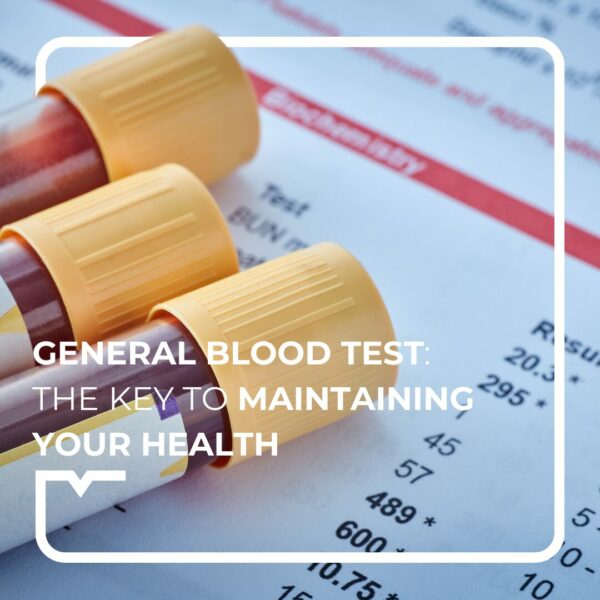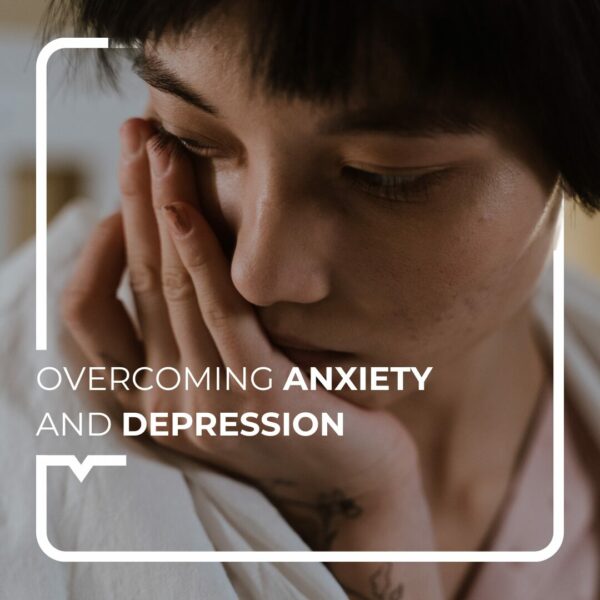You’ve been planning to have a baby for months and you’re starting to lose hope. In this article, we’ll take a look at what infertility and MAP in portugal in 5 questions.
Vamos!
What is infertility?
Getting pregnant is not immediate.
It is important to know that for a fertile couple aged 25, the monthly probability of achieving a pregnancy naturally is 25%.
It is therefore quite normal that it takes a few months for you to become pregnant.
On the other hand, after one year of trying without contraception, 18% to 24% of heterosexual couples remain childless.
When a pregnancy is not achieved after 12 months of full, regular sex (two to three times a week) and without contraception, this is when we speak of a couple’s infertility.
One in seven heterosexual couples will consult a doctor in their lifetime for a problem of reduced fertility, and one in ten couples will undergo treatment to remedy their infertility.
There are factors that contribute to infertility such as:
- The age of the woman, but also of the man
- Smoking is likely to play a negative role
- Drug use, especially cannabis
- Overweight and obesity in men are associated with sperm damage. In women, the risk of infertility after one year of trying is increased by 27% if overweight and by 78% if obese.
Exposure to pesticides and other endocrine disruptors also plays a role in infertility.
What is MAP?
Medically assisted reproduction (MAR) is also called “medically assisted procreation” (MAP).
Its aim is to remedy a couple’s infertility.
It is a medical team combining clinical doctors and biologists, in approved centres, who enable couples to carry out this procedure.
Before starting MAP, a medical check-up is necessary. This ensures that the couple is ready to take this step and that, medically, MAP is feasible.
There are various MAP procedures:
- Artificial insemination
Fertilisation takes place naturally, inside the woman’s body. The medical procedure consists of depositing the sperm in the uterus to facilitate the meeting between the sperm and the egg (also called oocyte).
The sperm used can be that of the spouse or an anonymous donor in the case of a single-parent project.
- In vitro fertilisation (IVF)
Fertilisation takes place in the laboratory, not in the woman’s womb: a sperm is injected directly into the egg to form an embryo.
The embryo is then transferred to the womb of the future mother.
IVF can be carried out with the woman’s egg and her partner’s sperm, the woman’s egg and a donor’s sperm or a donor’s frozen egg and her partner’s sperm. Or donor egg and sperm.
When to use MAP?
The decision to use MAP will depend on the individual case and should be made in consultation with a fertility doctor. In general, MAP can be considered if the couple has tried unsuccessfully to conceive for at least a year, or if one of the partners has fertility problems.
Factors such as age, reproductive health and medical/family history may also influence the decision to use MAP.
Same-sex couples or single women who wish to have a child may also consider MAP as an option for building a family.
It is important to note that MAP is not a quick fix, and can be an emotionally and financially challenging process for couples undergoing it.
Where can I get MAP in Lisbon?
Firstly, we recommend that you talk to your gynaecologist or the doctor treating you. At Alegria, we provide consultation and referral to specialised centres.
At this point, our doctors will suggest the best centres that offer the possibility of carrying out MAP in Lisbon.
Here is a selection:
- Ivi : www.ivi.pt
- Ginemed – Malo clinic : www.ginemed.pt
- Cemeare : www.cemeare.pt
What are the differences between Portugal and France?
There are indeed some differences between Portugal and France regarding MAP.
Here are the 2 main ones:
1) The age of the woman who is going to carry the child: it is possible to have access to MAP until your 45th birthday in France, compared to 50 in Portugal.
2) The identity of the donor: as of 2019, there is no longer anonymity for donors in Portugal. Children can know who the donor is if they wish. Donors no longer have a choice.
You know everything about infertility and MAP. To be supported in your MAP journey, consult a gynaecologist to move closer to your baby project.
Ate Ja,
Dr Joy
This information is not a substitute for medical advice.
You must seek the advice of your doctor or another qualified health professional with any questions you may have regarding your health condition.
Sources:
Améli — Recours à la PMA
Ministère de l’Intérieur — Procréation médicalement assistée
Améli — Comprendre l’infertilité
INSERM – Dossier infertilité



